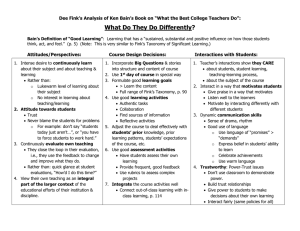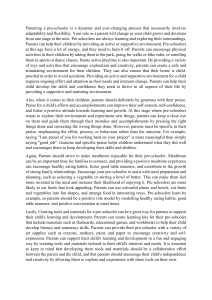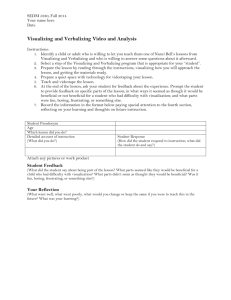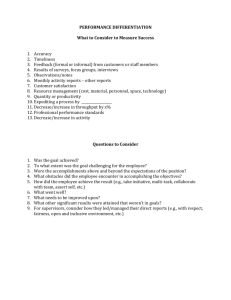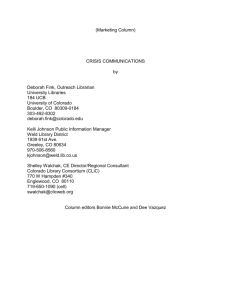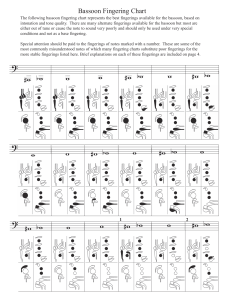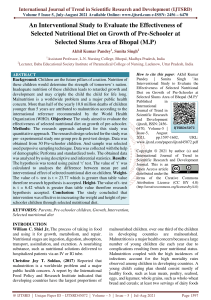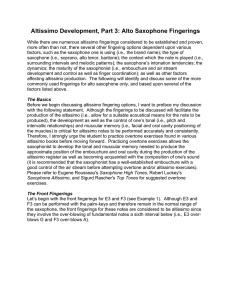HOW TO HELP YOUR CHILD AT HOME
advertisement
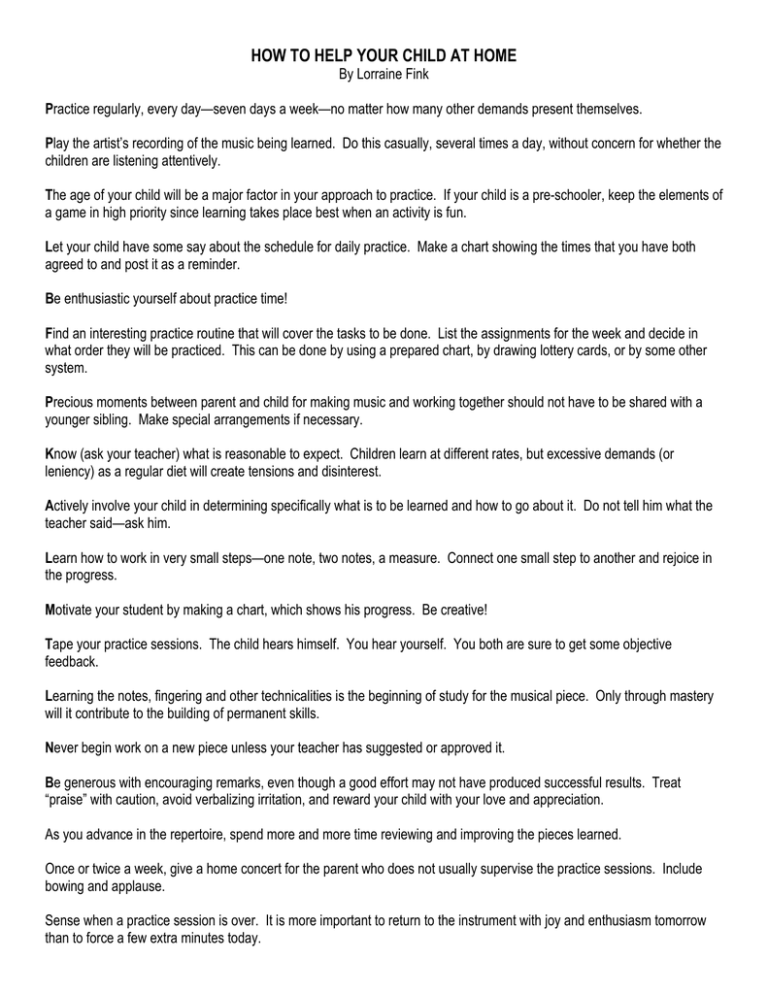
HOW TO HELP YOUR CHILD AT HOME By Lorraine Fink Practice regularly, every day—seven days a week—no matter how many other demands present themselves. Play the artist’s recording of the music being learned. Do this casually, several times a day, without concern for whether the children are listening attentively. The age of your child will be a major factor in your approach to practice. If your child is a pre-schooler, keep the elements of a game in high priority since learning takes place best when an activity is fun. Let your child have some say about the schedule for daily practice. Make a chart showing the times that you have both agreed to and post it as a reminder. Be enthusiastic yourself about practice time! Find an interesting practice routine that will cover the tasks to be done. List the assignments for the week and decide in what order they will be practiced. This can be done by using a prepared chart, by drawing lottery cards, or by some other system. Precious moments between parent and child for making music and working together should not have to be shared with a younger sibling. Make special arrangements if necessary. Know (ask your teacher) what is reasonable to expect. Children learn at different rates, but excessive demands (or leniency) as a regular diet will create tensions and disinterest. Actively involve your child in determining specifically what is to be learned and how to go about it. Do not tell him what the teacher said—ask him. Learn how to work in very small steps—one note, two notes, a measure. Connect one small step to another and rejoice in the progress. Motivate your student by making a chart, which shows his progress. Be creative! Tape your practice sessions. The child hears himself. You hear yourself. You both are sure to get some objective feedback. Learning the notes, fingering and other technicalities is the beginning of study for the musical piece. Only through mastery will it contribute to the building of permanent skills. Never begin work on a new piece unless your teacher has suggested or approved it. Be generous with encouraging remarks, even though a good effort may not have produced successful results. Treat “praise” with caution, avoid verbalizing irritation, and reward your child with your love and appreciation. As you advance in the repertoire, spend more and more time reviewing and improving the pieces learned. Once or twice a week, give a home concert for the parent who does not usually supervise the practice sessions. Include bowing and applause. Sense when a practice session is over. It is more important to return to the instrument with joy and enthusiasm tomorrow than to force a few extra minutes today.
